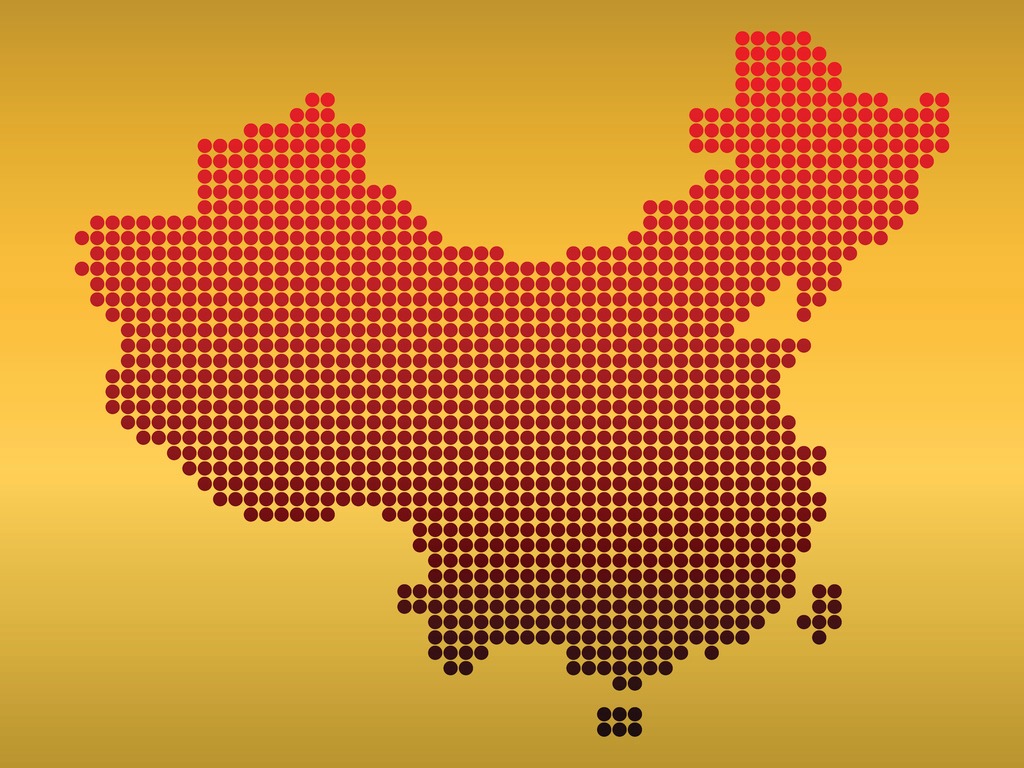China’s three tech giants, Baidu, Alibaba, and Tencent, collectively known as BAT, emerged out of the dot-com era. Since then, each has shaped the way that venture capitalists and global startups look at rounds, competition, and growth.
Follow Crunchbase News on Twitter & Facebook
But these companies are not only driving tech innovation within their own platforms. These companies have become critical players in the success of startups both in China and globally, serving as the fuel for China’s next generation of critical tech companies.
The Nurturing Giants
Baidu, China’s leading search company, raised a known total of $26.2 million during its time as a private company before going public in August 2005. Since it was founded in 1999, Baidu has made more than 80 investments and acquired 10 companies, including a $1.9 billion purchase of Chinese wireless company 91 Boyuan Wireless, according to Crunchbase. Its most recent success is spinoff iQiyi, often referred to as China’s Netflix. IQiyi went public in late May 2018 and raised $2.25 billion in the second largest IPO for a Chinese tech company in history.
Of course, no Chinese tech IPO has beat Alibaba’s record breaking $25 billion IPO. The Chinese e-commerce company was founded the same year as Baidu. Alibaba raised nearly $9 billion before finally making its public debut in 2014. Since its founding, Alibaba has expanded beyond e-commerce, operating in industry verticals ranging from fintech and sports to entertainment and cloud services. The company has invested in 90 companies and has made 10 acquisitions, including Youtube’s Chinese counterpart Youku Tudou, according to Crunchbase. Alibaba’s fintech affiliate Ant Financial (Alipay) has reportedly raised $14 billion, bringing its valuation to a potential $150 billion ahead of a rumored IPO.
Riding right alongside Alibaba in competition over payments, bikesharing, ridesharing, and multiple other industries is Tencent. Crunchbase News has covered the incredible success of Tencent’s WeChat in the past. Tencent and Alibaba have contributed to an acceleration of startup culture in China by knocking out smaller players and promoting others with massive investments. The company, which went public in 2004 at an $11 billion valuation, has invested in a known total of more than 280 companies. Tencent has also acquired 11 companies, according to Crunchbase, including the widely popular esports company Riot Games.
China’s Next BAT
Baidu, Alibaba, and Tencent have morphed from tech companies focused on singular industries into public, conglomerate companies that are reaching into verticals both inside and outside of China. They are defining the way that companies around the world are challenging competitors. And like most tech enthusiasts in the U.S., those in China are waiting for the next unicorns to go public in potentially record IPOs. Many have speculated that rising players Toutiao, Meituan Dianping, and Didi Chuxing are the next big three in China.
Toutiao, an AI-powered media and online content aggregate, Meituan-Dianping, a mobile e-commerce platform (similar to Groupon and Yelp), and Didi-Chuxing, China’s ridesharing giant, all emerged after BAT thanks to a mobile-first generation driving growth. The companies have collectively raised more than $30 billion, earning valuations of $20 billion, $30 billion, and $56 billion, respectively. Financial support often comes from BAT (except Toutiao) and other well-known corporate investors and venture capitalists like Apple, GV, and Sequoia.
But it’s not just the accumulation of capital and well-known supporters that could potentially make this batch of unicorns the next big three in China. Pricey acquisitions and investments, both in China and abroad, mirrors that of BAT as well.
Global Acquisitions And Investments
Toutiao, the only one of the three not backed by Alibaba or Tencent, has acquired four companies, according to Crunchbase. Last November, it purchased Musica.ly, a social video app popular in the U.S., at a reported $800 million to $1 billion price point. Prior to that acquisition, Toutiao spent an undisclosed amount on Flipagram, a U.S.-based music video making app. These strategic acquisitions indicate both Toutiao’s global ambitions, as well as its desire to broaden its focus.
But Toutiao isn’t the only one spending big on acquisitions. Tencent-backed Meituan Dianping, which has invested at least 14 times in other startups, according to Crunchbase, spent $2.7 billion in April 2018 on Mobike, the Tencent-backed bikesharing company battling it out with Alibaba-backed ofo in China and globally.
Related
Ridesharing Gets CompetitiveDidi Chuxing has also used its nearly $19 billion in venture funding to increase its global reach and expand its ridesharing platform into different industry verticals. The company has invested in 17 companies. Its notable investments include Middle Eastern ridesharing platform Careem, Singapore’s Grab, India’s Ola, Uber, Lyft, and the bikesharing company ofo. On the acquisition side, Didi spent $1 billion in January 2018 on Brazil’s ridesharing platform 99 Taxis.
With these acquisitions and investments, and continued movement into other verticals, the three have ignited competition on a local and global scale, much like their BAT counterparts. One of the most glaring examples of the budding rivalries between the three is Meituan’s move into ridesharing in January 2018.
And despite Didi’s dominance in the Chinese market, and its smashing defeat of Uber in China, Meituan is likely betting that its popularity among Chinese users and its mountains of cash will make it a viable competitor.
As for the BAT-independent Toutiao, the rapid growth of its media and video platforms has threatened Tencent. A tense (and legal) battle has resulted between the two.
With rumored IPOs in the mix for both Meituan Dianping and Didi Chuxing, these fierce competitors might just solidify their positions as the next big BAT.
iStockPhoto / Sirintra_Pumsopa

Stay up to date with recent funding rounds, acquisitions, and more with the Crunchbase Daily.










![Illustration of stopwatch - AI [Dom Guzman]](https://news.crunchbase.com/wp-content/uploads/Halftime-AI-1-300x168.jpg)
67.1K Followers